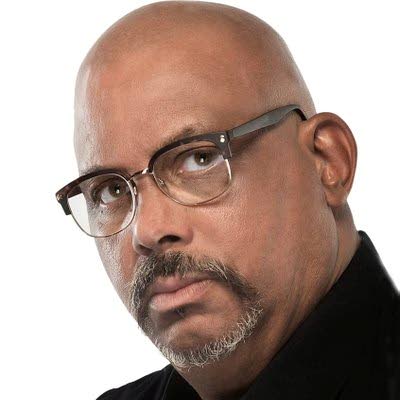Far horizon for 5G?

BitDepth#1311
Audio: Listen to audio clip.
MARK LYNDERSAY
LOCAL telecommunications companies are being careful about promising 5G adoption. Most in TT are still working to complete their deployment of 4G technology while extracting value from the investment.
While 5G isn't on the agenda locally, it's happening globally.
Conversations about 5G frequency allocations are far from settled at the level of the International Telecommunications Union (ITU), according to Veena Rawat, senior spectrum adviser for the GSMA who spoke at the 5G Caribbean Virtual Summit at Mobile World Congress 2021 in Barcelona.
The technology is being discussed by regulators as a mobile technology, and frequency allocations must be settled and agreed on globally to accelerate deployment.
Rawat noted that there is need for global consensus on the frequencies to be used for 5G. Until that happens, the economies of scale for equipment manufacture and wide-scale deployment won't be realised.
The world doesn't need a hodgepodge of equipment designed for multiple frequency deployments at this stage of telecommunications development.
Market research firm Omdia reports, according to 5G Americas, that by the end of 2020 there were 401 million 5G connections globally on 172 networks. Just 13 are in Latin America and the Caribbean. Wireless subscribers are adopting the technology two and a half times as fast as they switched to 4G LTE.
According to Antonio Garcia Zaballos, the IDB's lead specialist on telecommunications in Institutions for Development, who participated in a panel discussion on 5G deployment at the virtual conference, its important to get the infrastructure right.
"You cannot talk about 5G deployments until you have implemented 4G, with all the planning and support strategies that accompany that.
"You identify the limitations of the nation and then manage accordingly. It is very important to have a common vision.
"There cannot be a syndrome of blaming governments or the private sector when there isn't connectivity in remote regions, both have to work together to implement national broadband access grids."
Despite such caution and the very preliminary state of 5G deployment in Latin America and the Caribbean, Naji Khoury, president of Liberty Puerto Rico, had positive news about that island's embrace of 5G for its telecommunications.
Puerto Rico suffered devastating damage as an island and particularly to its telecommunications infrastructure after Hurricane Maria in 2017 and then again with Tropical Storm Karen in 2019.
Of the merger, Khoury said, "You build a great company with a great network.
"In a merger, you take care of your existing customers today."
To do that, the company doubled the speed of fixed broadband customers who were also AT&T mobile customers with no strings attached for anyone who opted to become a Liberty mobile customer after the merger. The company registered a 40 per cent success rate.
Liberty learned from the island's experience and committed to building out a more resilient network, moving 70 per cent of its fibre backbone underground.
Ninety per cent of the company's transmission sites are equipped with power generators and 100 per cent have full battery backup.
Two of the three core locations are located outside the hurricane belt and the company is increasing investments in satellite phones and solar-powered charging trucks.
Liberty pushed forward with 5G in June 2020, establishing 522 active 5G sites using the 850mhz spectrum.
As the island adjusted to covid19 restrictions, more customers began using fixed broadband and Liberty saw a big move to WiFi and the 5G introduction began as a performance boost.
The aggregated 5G network took a load off the 4G LTE network, resulting in speed benefits for all mobile customers.
By February 2022, the 3G spectrum will be switched to 5G.
Mark Lyndersay is the editor of technewstt.com. An expanded version of this column can be found there

Comments
"Far horizon for 5G?"